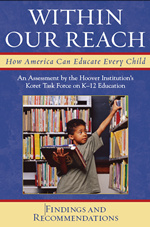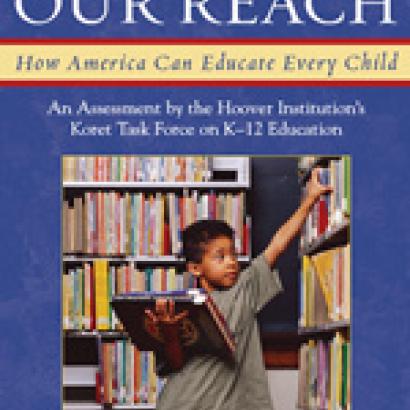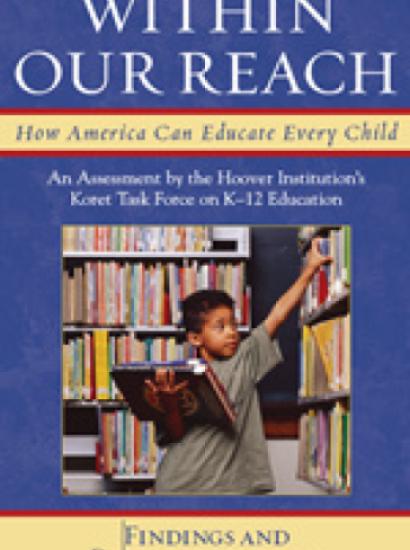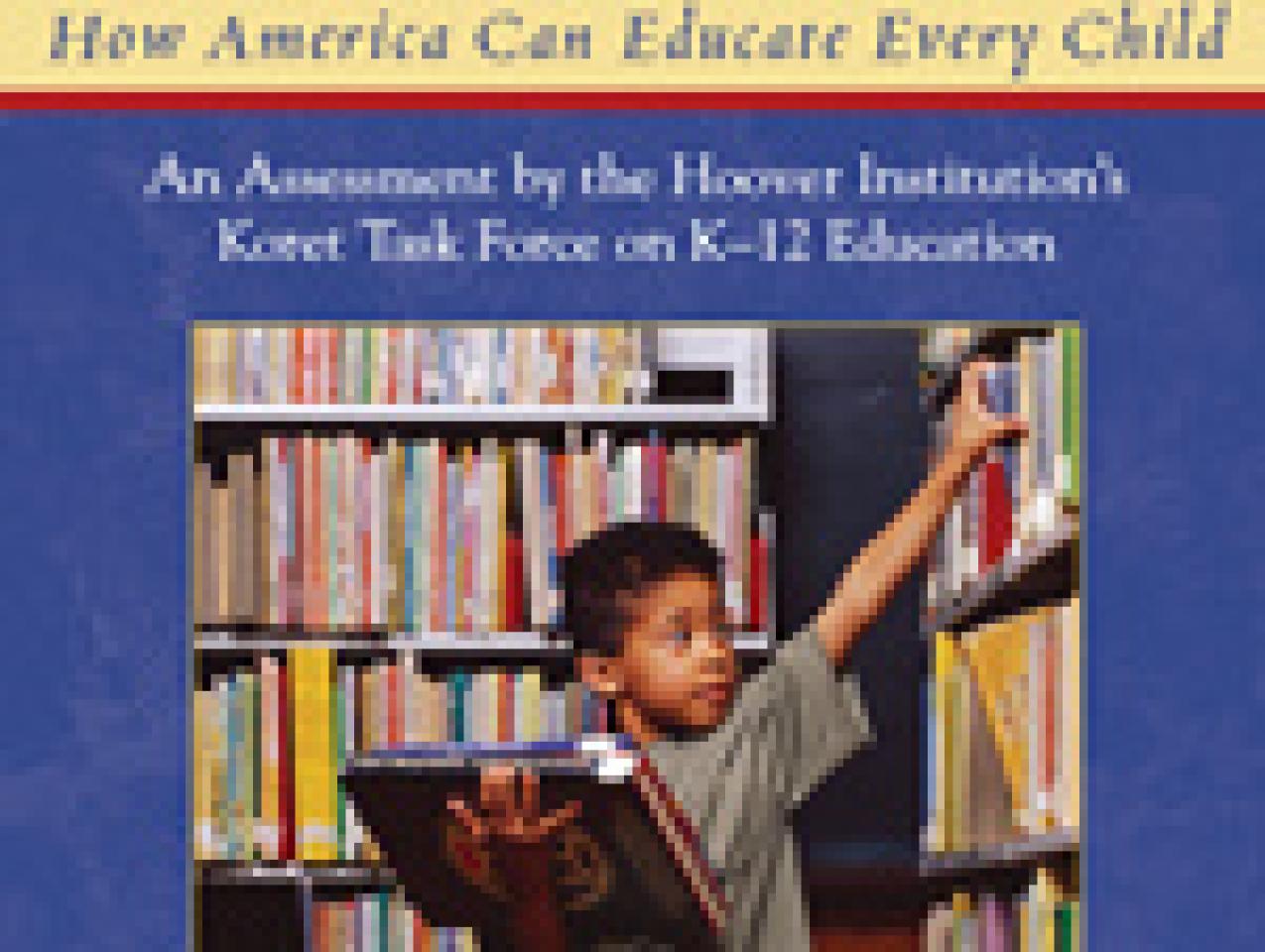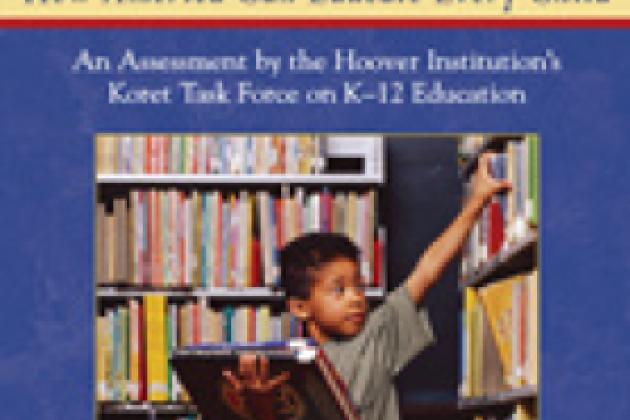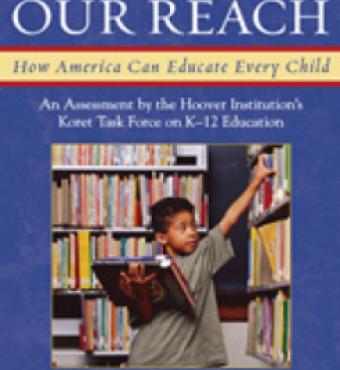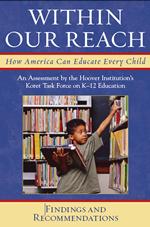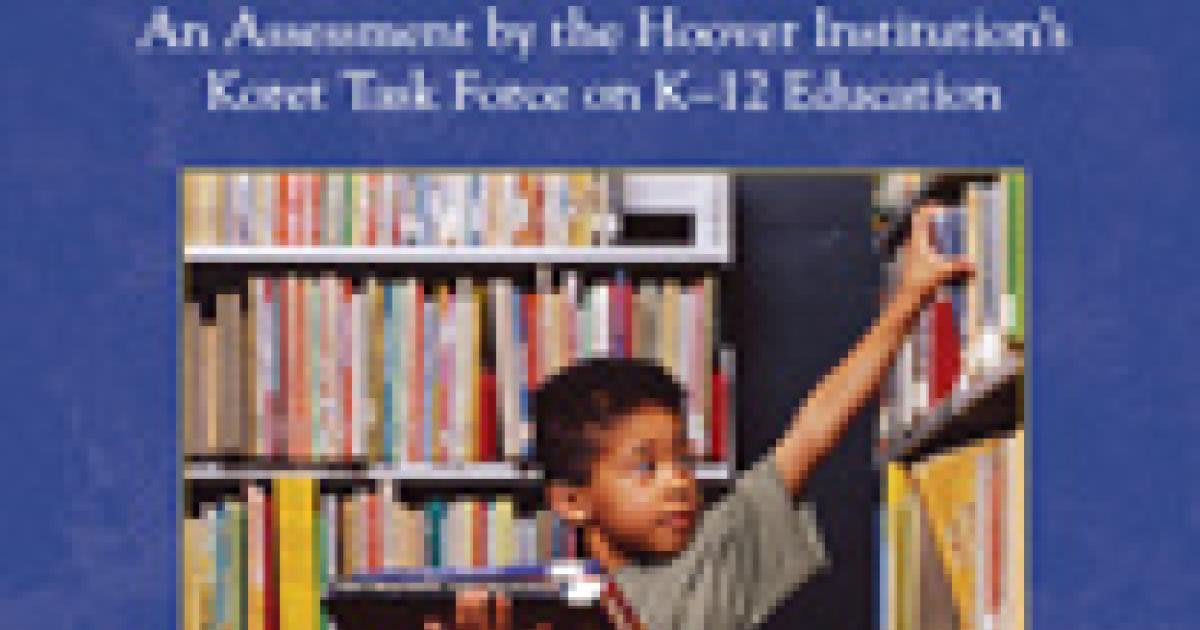- Education
- K-12
The No Child Left Behind Act (NCLB) is bolder than all previous federal education laws, setting ambitious goals for universal student achievement and authorizing severe remedies for schools not reaching them. In a nation where most youngsters are far from proficient in reading and mathematics and where innumerable efforts to boost learning levels have fallen short, NCLB makes a huge policy wager: that failing schools and school districts can be set right and that all children can master reading and math.
After three years, it's clear that NCLB is breaking plenty of education china―if not a new education path. Today, however, it seems the law's implementation will fall far short of its potential. NCLB includes a series of compromises and accepts a number of constraints that will prevent it from really working. Commonsense modifications are needed. Yet the most-needed changes are not the ones being bandied about in policy circles or offered up by interest groups on Capitol Hill.
In their new book, Within Our Reach: How America Can Educate Every Child , the members of the Hoover Institution's Koret Task Force on K–12 Education undertake this crucial repair work. The book presents a mid-term assessment of NCLB that closely examines its core elements and offers recommendations for practical reforms to save the law and strengthen some of its key principles―high standards, results-based accountability, parental options, and research-based practices.
Copyright 2005.






